In 1969 I was a young hippie activist and working nurse in San Francisco, part of an in-your-face, defiant band of mostly middle class white kids. Tricky Dick was president. Hundreds of thousands protested the Vietnam War and the draft lottery began in December. Dr. King had been murdered and the Black Panthers were a powerful presence in the Bay Area. To the south Cesar Chavez was organizing farmworkers. The American Indian Movement occupied Alcatraz Island that November. The National Organization for the Repeal of Abortion Laws was formed. Stonewall, June 28, 1969. Woodstock, August 1969. Our nation was not indivisible; liberty and justice were not for all.
Outside the Bay Area, hippies and activists faced open harassment. My home community in southern Oregon was so hostile that I went for visits with my parents and that, too, was tense. The familiar had become unsafe. When I was involved in the San Francisco State College student strike and the anti-war movement, my parents despised my politics. Our differences created a painful schism, particularly between my father and me. My family was the other side of a deep political and cultural chasm.
Raised in a 1950s farm community, I didn’t fear for my personal safety, even in this turbulence. Why? I had moments of fear, but overall I was angry, convinced of our rightness. I was blind to white privilege, words I wouldn’t hear for another 30 years. When I saw someone with long hair, hippie clothing, beads, peace signs, or a VW microbus, I assumed they were kindred spirits.
Now, post-election of 2017, I’m uneasy. Looking into crowds of other white folk, I wonder, “Did you vote for him?” I want to know who’s on my side, thankfully more diverse and less obvious. Safety pins don’t make for safety.
I didn’t mistrust cops until the San Francisco State strike. They were scary, standing shoulder to shoulder in a long line with helmets, face shields and batons. Some protestors were defiant, but I trembled. I was wearing a white helmet with a red cross when I was chased up a side street and whacked on the head by a cop’s baton. I wasn’t injured physically, but my sense of safety in America changed. I fled home on a San Francisco bus, crawled under my covers and shook for hours. When my friend Kathi returned home, I asked her, “Can you ever go back? Can you ever not know what you know?” Innocence lost is not regained. I began to understand the forces aligned against us.
My innocence was lost in other ways. Reading Ramparts, a leftist magazine of that era, one article did more to radicalize me than anything else I encountered. It described the profits of arms manufacturers during the Vietnam War and LBJ’s connection to friends in that industry. It had never occurred to me that people would want a war so they could make money off the production of weapons, or that the President would channel contracts to his manufacturing friends.
I think about this shock of awareness now as I look at the news. When what you see forces you to change your world view and demands action, you lose your sense of stability. Who knows what actions to take? A lot of us are questioning the old ways of protest. Fear of slipping into despair makes sliding back into life as we knew it tempting. It’s easy to say things like, “Can’t we just stay positive?” while pretending the danger is at a distance, yet the threat is real for Blacks, Latinos, Muslims, gays, transgender people, immigrants, and the planet. How much longer can white Americans hide from this truth?
In 1969, government surveillance was constant for anti-war and black power activists. I was not afraid of being surveilled. It was almost a joke. I never thought about a prison sentence for my activities. Our phone was tapped with crude technology; we heard a clicking sound when they latched onto our landlines. Sometimes there was so much static you couldn’t hear the other party. We’d holler, “Get off our line, we can’t hear!”
Nowadays, surveillance is no longer clumsy, nor a joke. No longer do the Feds sit outside our homes in cars watching us, they follow us with drones, cell phone location services, and Internet scrutiny. No longer do they wiretap landline phones; our phone and computer data is wide open to government agencies directly or through collaboration with service providers. We assume surveillance is continuous but never have any evidence. There is reason for fear.
When movement leaders such as the Chicago 8 were charged with inciting violence, there was a clear racial difference. White men like Abbie Hoffman and Jerry Rubin made an open mockery of the trial with outrageous antics. Bobbie Seale, the only black man in the Chicago 8, was tied to his chair, shackled and gagged when he refused to cooperate. Black leaders in the civil rights movement and Black Panther party were shot in their beds while they slept, shot in the streets, jailed. White hippies and anti-war activists were rarely jailed and were not killed until the Kent State massacre, when the National Guard murdered four white students and wounded nine others. After Kent State, we were stunned into a new reality yet the racial divide remained strong.
Most of the men who came for draft counseling were white. When white Jewish activist Mickey Tenenbaum told me that for every white man I helped, a black or brown man went into the military, I was shocked into a new awareness that began my exit from draft counseling. I never forgot Mickey’s words or his persistence in standing outside the Oakland Induction Center making sure men of color knew their alternatives.
Many people believed we were about to experience a true revolution. The word of the day was, “The shit’s gonna come down heavy.” We didn’t know what a long haul true social change might entail. Exhaustion set in, and escape became appealing. You can only act from anger for so long until infighting, ego, and all the usual human failings fracture unity. We didn’t recognize our contribution to movement chaos, know how to take care of each other, community, or ourselves. Our connections frayed and splintered.
We cannot afford to splinter now. We cannot sustain without caring for the activist community while resisting. In the ’60s community mostly meant folks who looked like us while we connected to other groups in rebellion. Now if we aren’t united across identity lines, divide and conquer will have its way.
I moved into a life that included marriage, children, and work as a nurse, forever changed by my experiences in the ’60s. Like many, I continued to work for social change and justice in whatever ways appeared to me. When I began to hear the words “white privilege” in mid-1990s, I recognized that my life was primarily an option for white folks in the movement. For people of color, the immediacy of oppression continued unabated. This racial difference struck me most clearly in a conversation with my son Sean when he was fifteen. By then, I was out as a lesbian, and Sean was coming of age as a young black man. We regularly read the newsletter of the Southern Poverty Law Center. After one edition detailed gay/lesbian attacks from extremists, I commented to Sean, “We’re in the same boat.” His reply was instantaneous: “No, Mom. You can choose where you’re out as a lesbian. People know I’m black from a block away.”
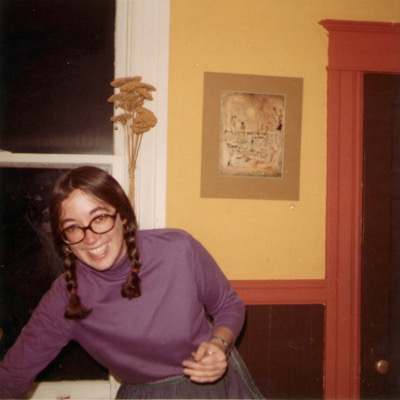
After Trump’s election, white friends and family were in shock, vowing resistance. I saw their resolve slide in the following weeks, while my daughter Jenni’s African American friends dismissed white shock, saying, “Welcome to our world, this is what we live all the time.” When my son called after the election, I told him of my dismay and he responded, “Try being brown out here, Mama!” I realize that people of color have had to be resilient in ways former and current white activists haven’t. I also know how important it is to keep up family ties even when they are strained. We rejected parts of ourselves by rejecting our families of origin. That was a mistake.
In July 1972, when I drove away from San Francisco, my life was most significantly impacted by something I could not have named. Dad had disowned me, saying I was no longer his daughter. When I made the impulsive decision to marry a man my mother hadn’t met, she raged that I’d always been a disappointment and always would be. I left San Francisco driving north through my hometown without stopping. My brother-in-law was an Air Force navigator, flying transport planes to Vietnam, while I was protesting the war. My sister and I were more than miles apart. Twenty-two years later she would tell me of her anger when her husband had a promotion delayed while my anti-war activities were being investigated.
I didn’t know how much my family’s love mattered and I didn’t realize how much I contributed with my strident confrontations. When my marriage became difficult, I silently soldiered on to desperation, not knowing that mom and dad would stand beside me when I needed them. Ultimately, love prevailed and we made peace. In his last days, dad and I shared our love for each other as I bathed him and changed his dressings. He told me, “Honey, I understand why you opposed that war. I never believed our government would lie to us. Now I know they did.” Mom and I enjoyed trips to the ocean with my children. Susie became the sister I longed for, as we shepherded mother through her last difficult days. We still don’t talk about those years when we were on opposite sides of a cultural divide.
In 1969 I didn’t know that our planet, our very survival, was at risk. I never dreamed that the KKK and other extremists would again grow and thrive. I thought Archie Bunker was a joke, a phenomenon that would pass into extinction. I cared for women dying from illegal abortions prior to Roe v. Wade and fear abortion will again be illegal, unsafe and fatal. Legal gay marriage could be reversed. The threats are terrifyingly visible as the extremists have manifested their agenda.
I have faith in anger because it moves me to action, but I also know that without connection it’s not possible to sustain action. I need to listen and learn from activists who don’t look like me and talk with family who don’t think like me. After Trump’s election, folks agonized about how and whether to show up for Thanksgiving and encounter friends and relatives who voted for the disaster, to try for discussion or just talk turkey. Others could not bring themselves to have contact with anyone who voted for him. Remembering the ’60s I know this polarization hurts all of us and takes decades to heal. I don’t have any answers but hear a voice saying, “Try anyway. Stay connected. We are in this together.”
In 1969, the Black Panther party told white kids like me, “Go home and work on racism in your own communities.” I can tell you I’d much rather have served pancakes at a Panther breakfast for kids than go back to my farm community and find a way to talk about racism. Still, the conversations happened everywhere I lived and worked despite my discomfort.
Sitting alone with a steady diet of news is toxic. Connection is survival; connection beyond identity and way outside our comfort zones. Passion and willingness to take risks for social justice must become the common ground. I feel inspired by the fusion coalition lead by the Reverend Dr. William J. Barber II in North Carolina. He’s unified diverse people around core issues, not just identity.
We are all in this together. Without a loving community that both nurtures and holds us accountable, we stand fragile against truly evil forces.
This piece was submitted by the author and is special to web only. Readers are always encouraged to submit their personal stories and articles for consideration to be published on Our Lives.




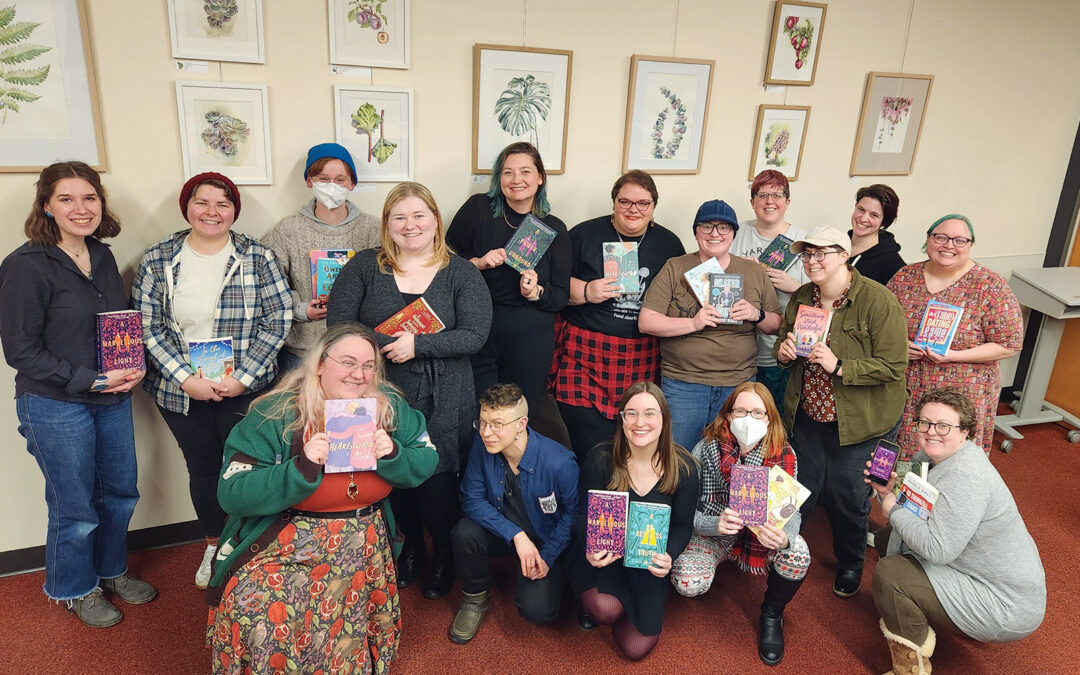
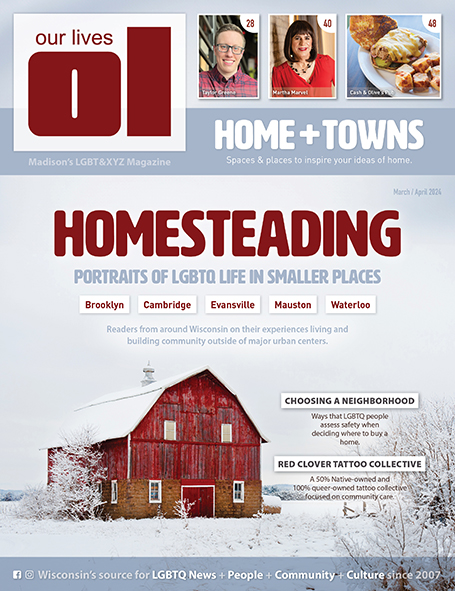
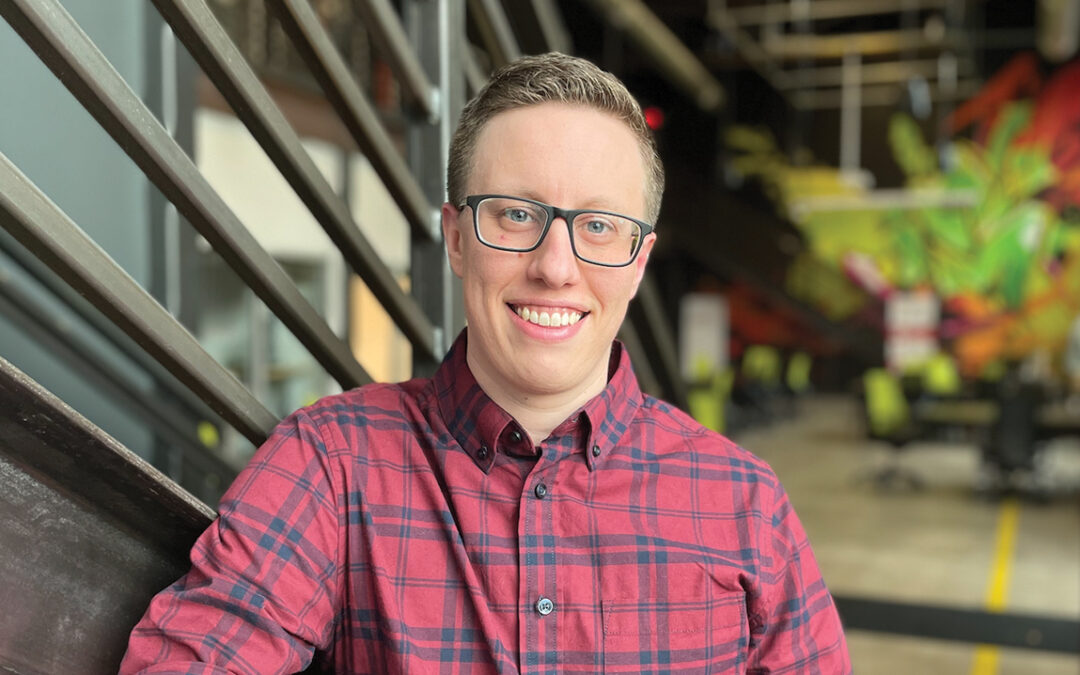
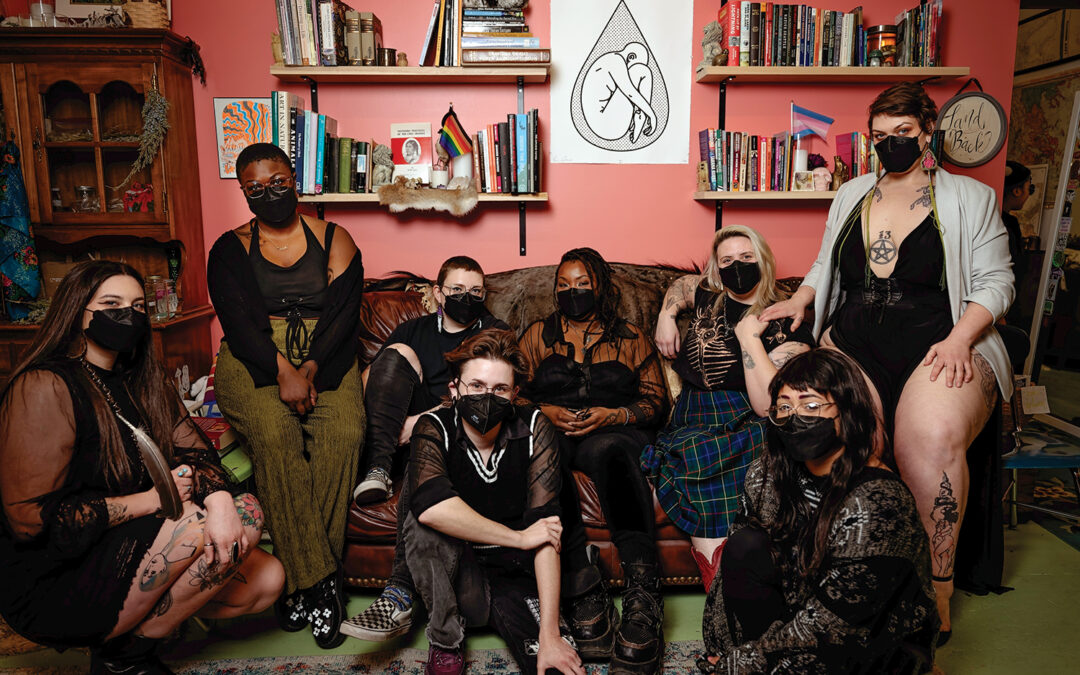
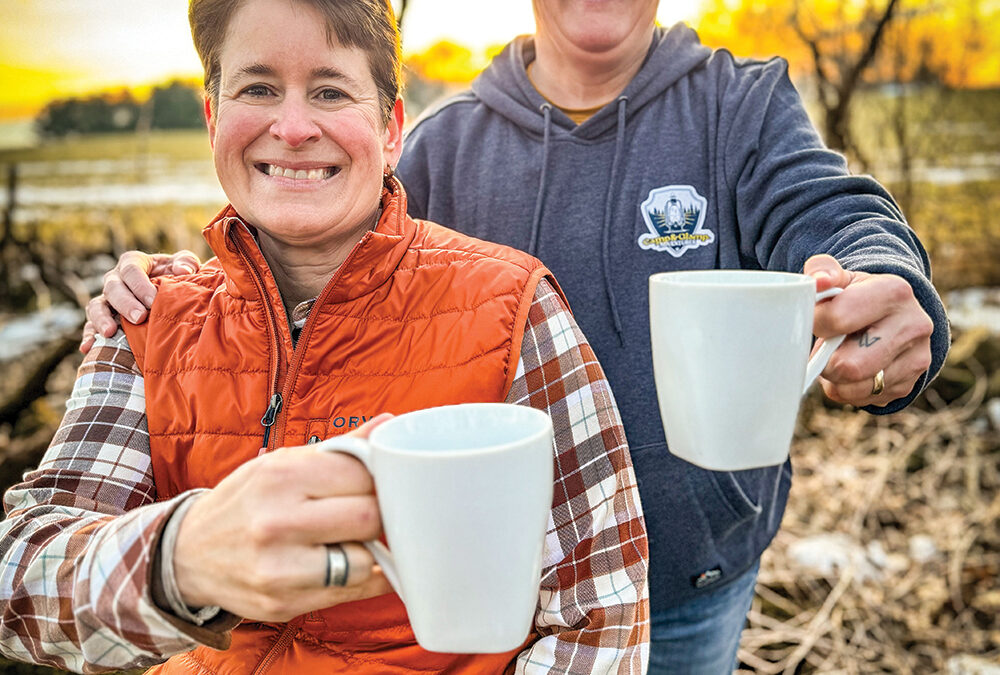
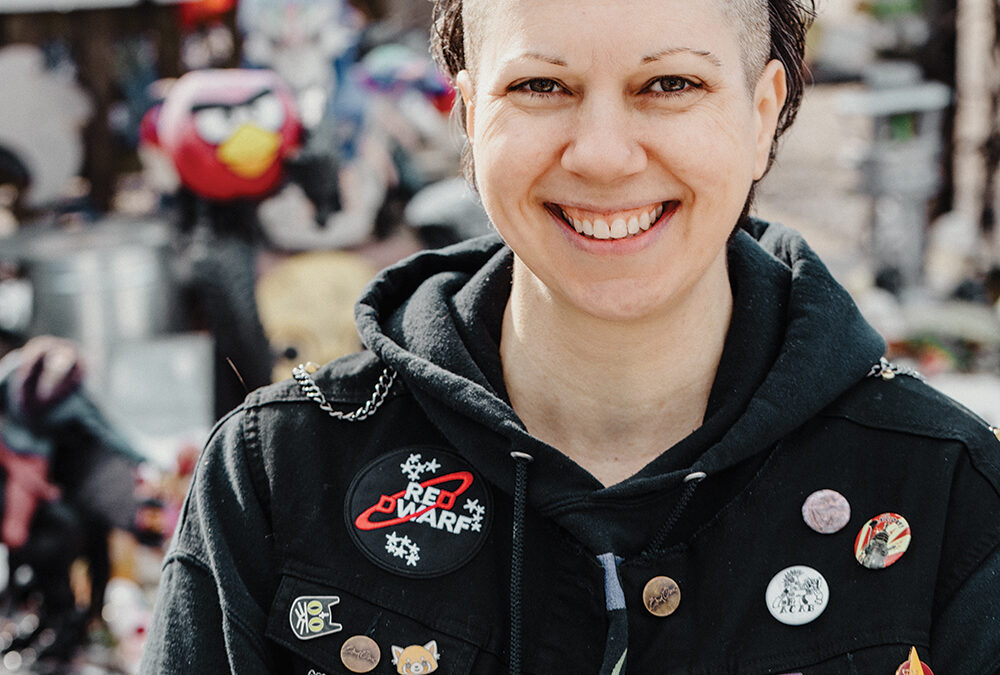
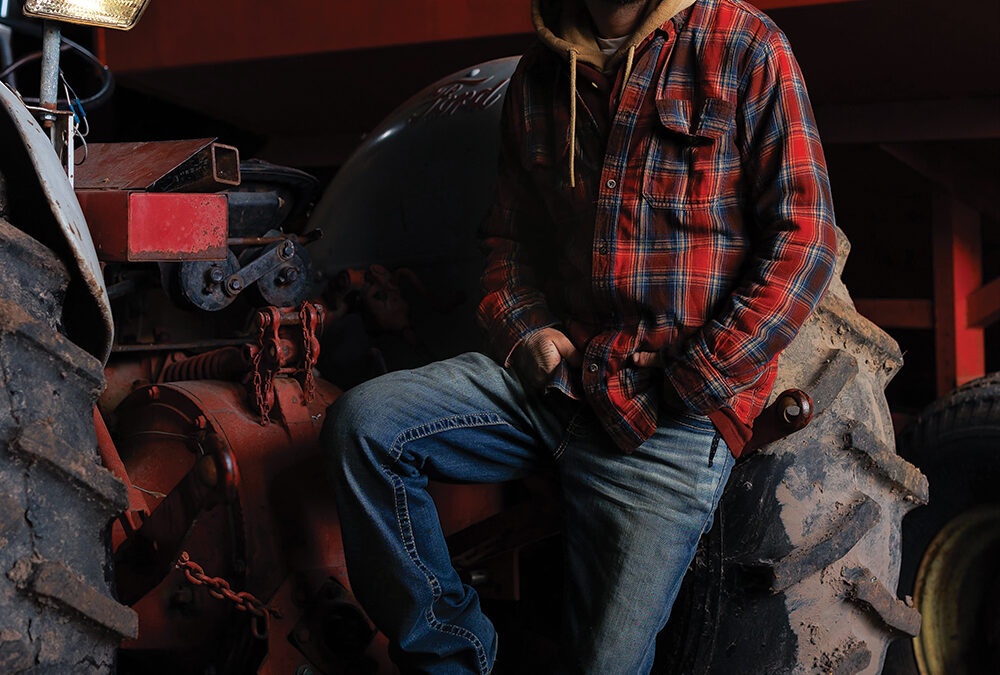
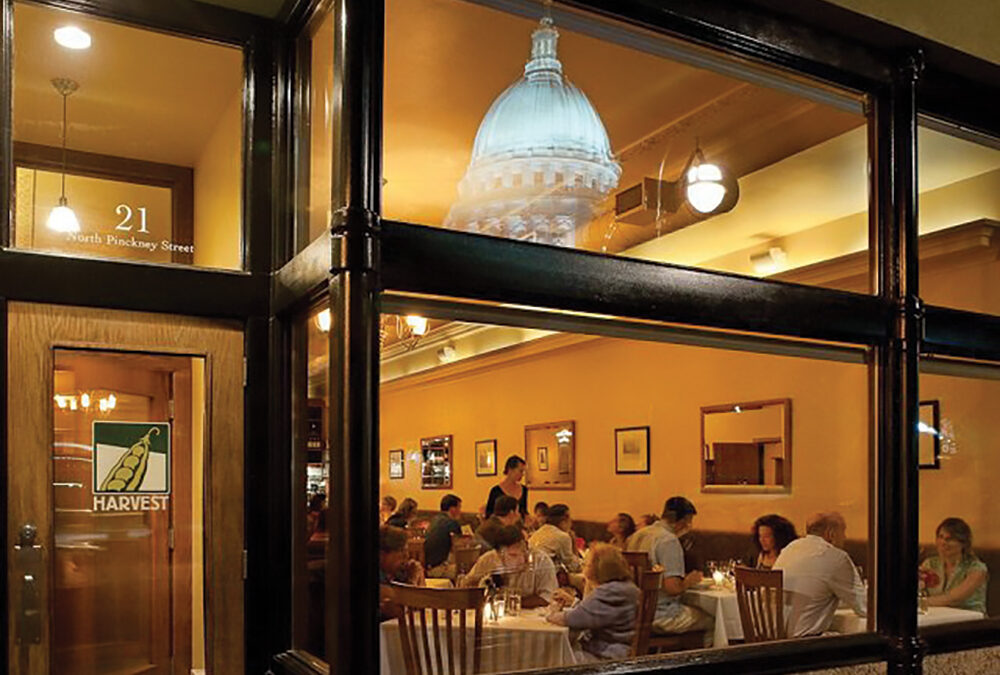
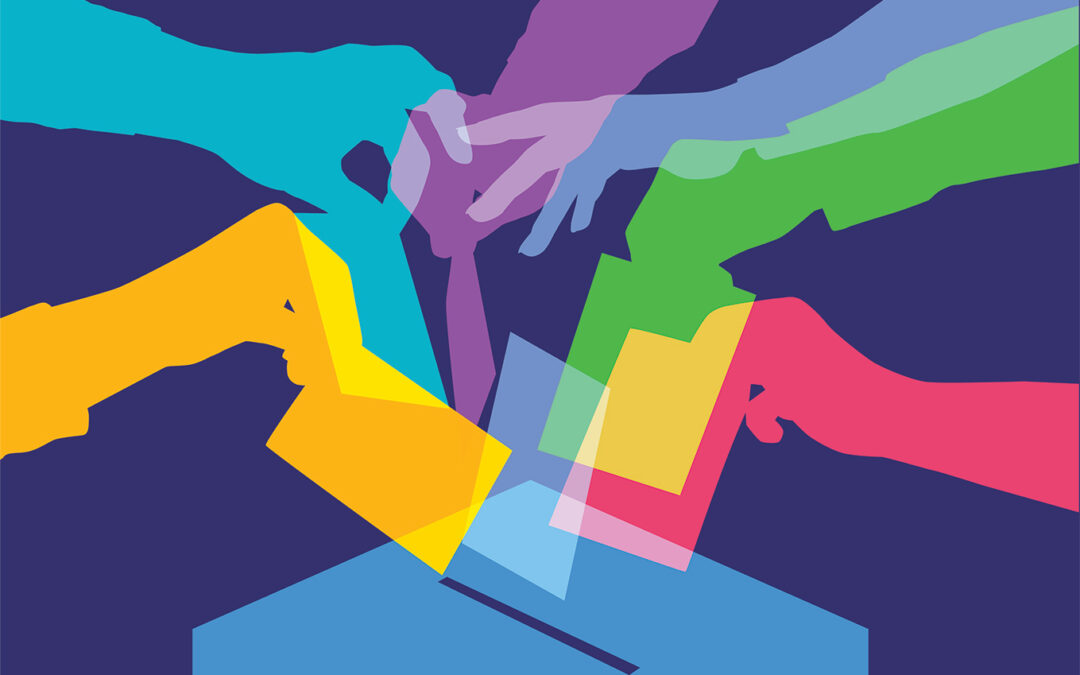
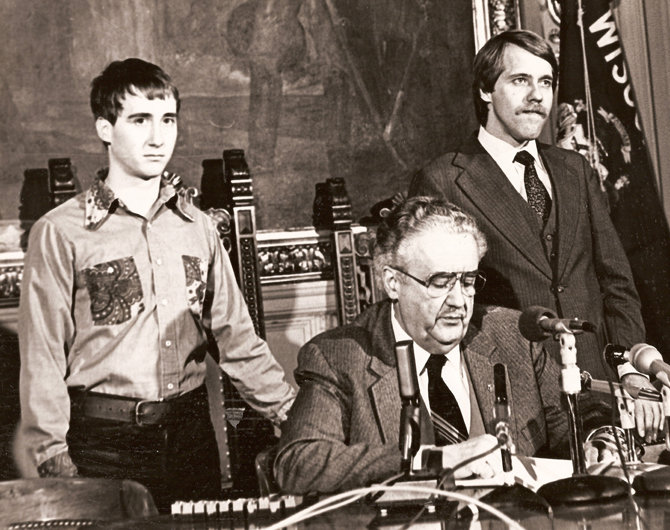










0 Comments